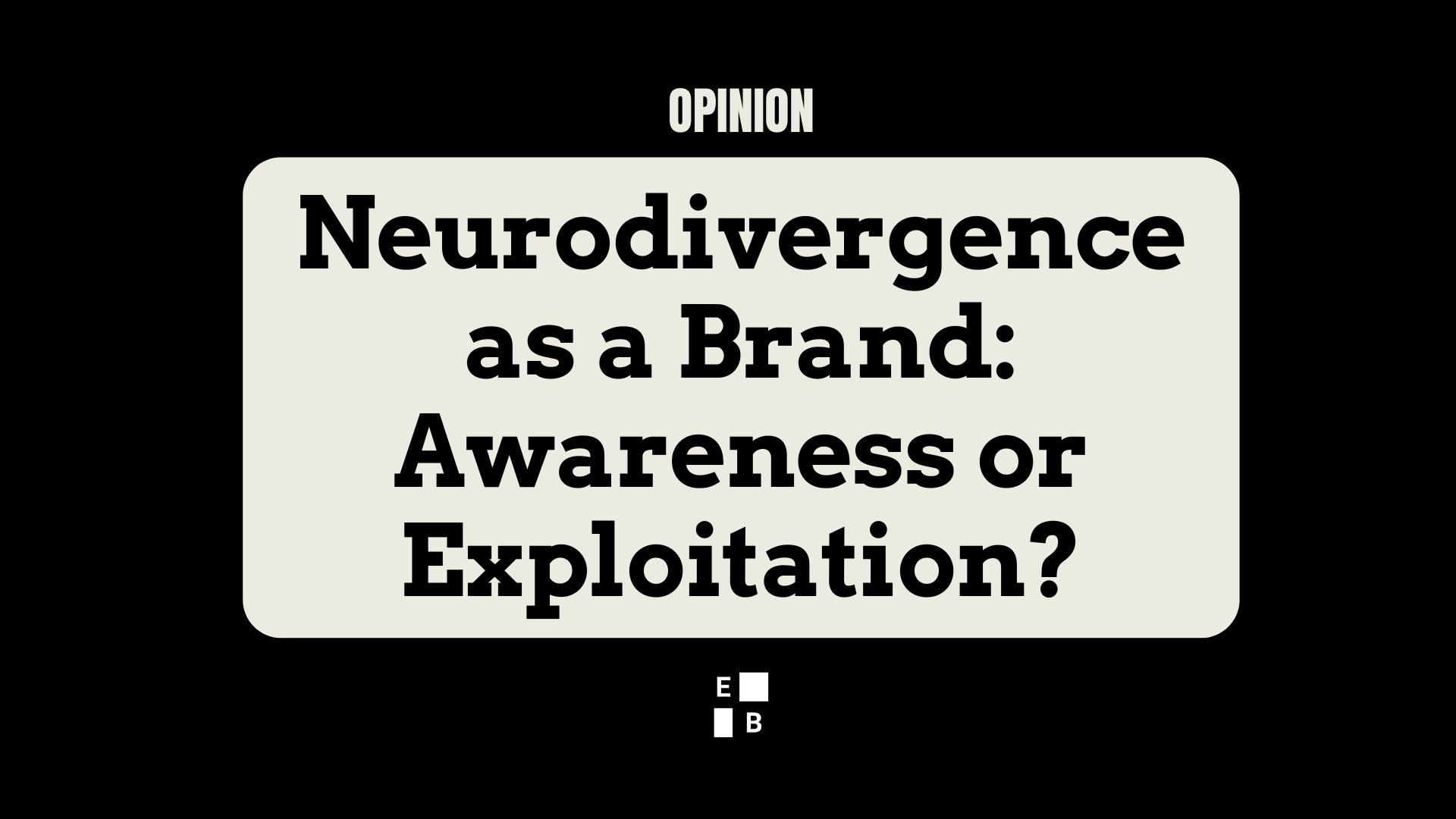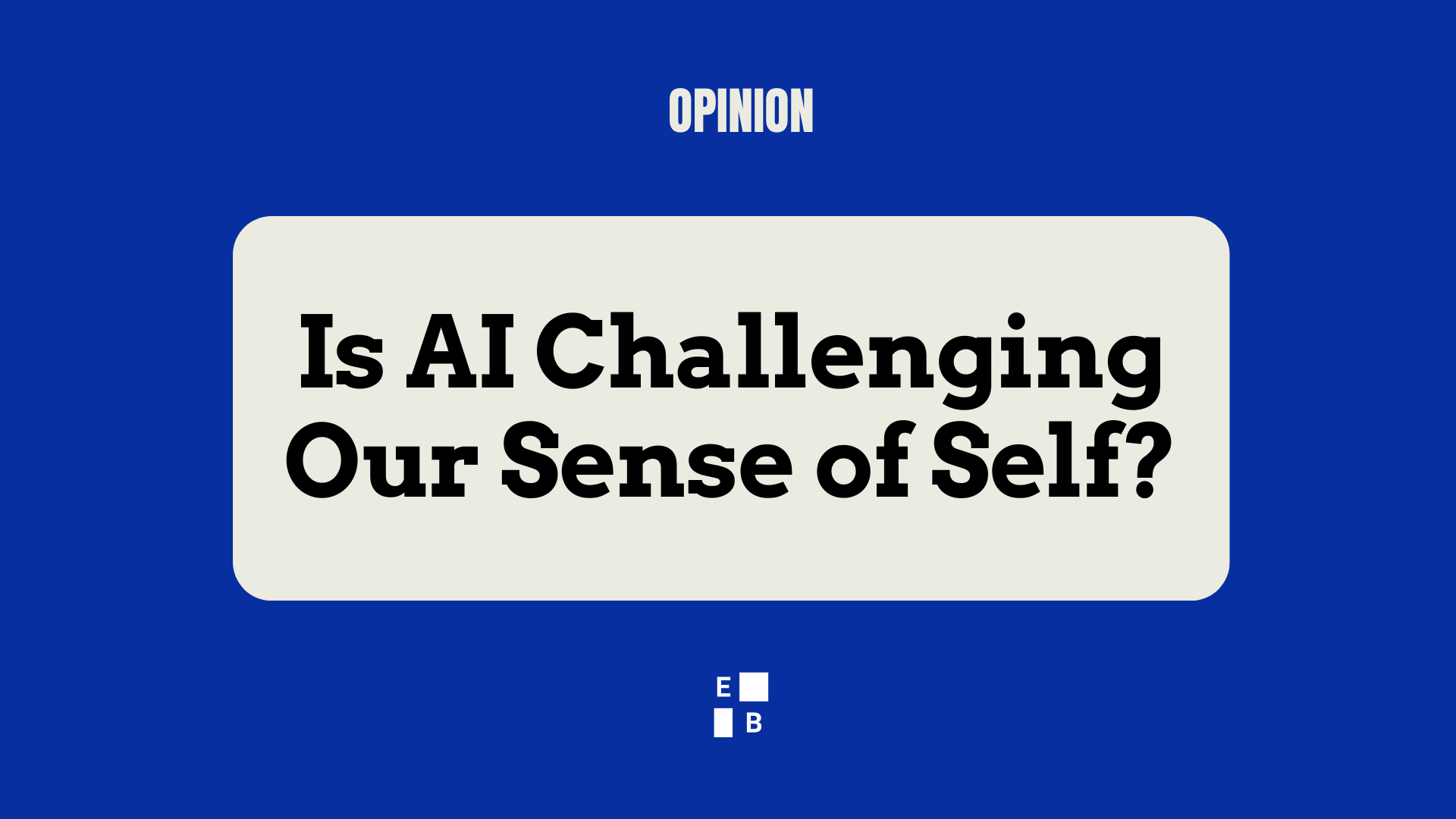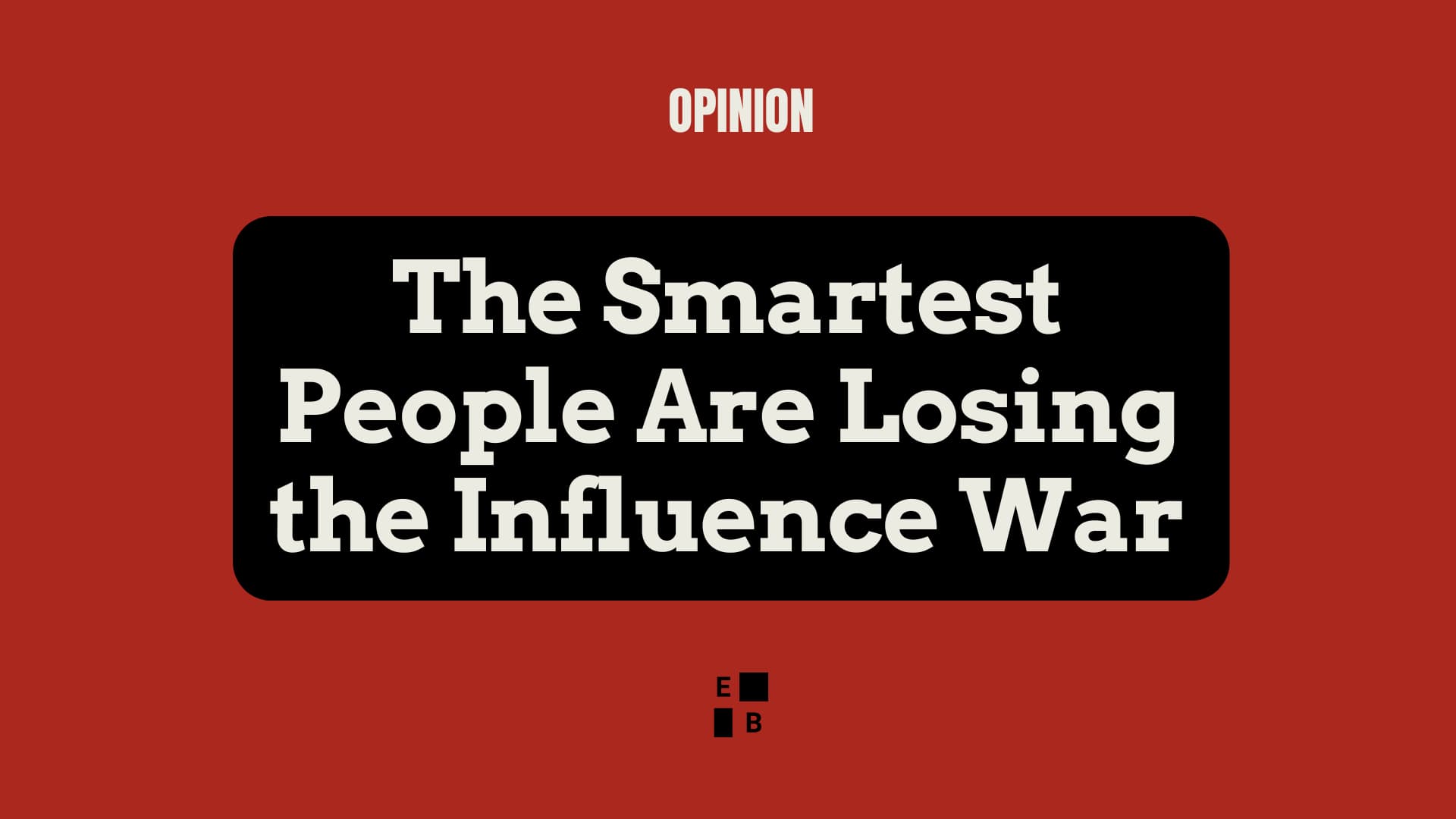

With AI encroaching on domains once thought uniquely human, from decision-making to emotional intelligence, we face urgent questions: Are we losing our sense of purpose? How do we define ourselves in an AI-driven world? As technology advances, this is not just a conversation about innovation. It’s a philosophical reckoning.
AI has become the protagonist in today’s conversations, fueling a peculiar obsession that transfuses boardrooms, coffee shops, and global conferences alike. As artificial intelligence is incorporated into every corner of our lives, from the workplace to the home, from the operating room to the courtroom, a growing chorus of voices asks: What does this mean for us?
The anxiety is observable. Is AI eroding our sense of purpose? Is it a mere tool, or is it something more? As algorithms become increasingly sophisticated—writing copy, diagnosing diseases, even generating art—where does that leave us, the original creators?
AI has undoubtedly become the dominant force shaping our era. Its presence is impossible to ignore. It’s in the way we shop, the way we communicate, the way businesses operate. It is optimizing supply chains, detecting fraud, and revolutionizing medicine. And yet, as much as AI is a story of efficiency and progress, it is also a story of disruption and unease.
A phrase often repeated among technologists is: AI is eating the world. It’s an eerie thought- one that conjures both excitement and dread. In one sense, AI’s proliferation is reminiscent of past technological revolutions, where automation displaced certain jobs while creating others. But this time, the disruption feels different. AI isn’t just replacing factory workers or bank tellers; it’s encroaching on what we thought were uniquely human domains- creativity, decision-making, even empathy.
Perhaps the deeper fear underlying AI’s rapid rise is existential: if machines can perform tasks once reserved for humans, what does that say about our uniqueness? If AI can paint, compose music, or draft legal arguments, does it diminish the value of human artistry, intellect, and expertise?
The conversation is shifting. It’s no longer just about AI’s capabilities, but about what it means for us as a species. If machines can generate poetry, who are the poets? If AI-driven robots can provide therapy, what is the role of the human therapist? The challenge of our time isn’t just about regulating AI or integrating it into our workflows- it’s about re-examining what it means to be human in an age where intelligence is no longer solely biological.
It is telling that, alongside AI’s rise, we are witnessing a renewed interest in philosophy, mindfulness, and ethics. People are looking for meaning amid technological upheaval. Companies are branding themselves not just on innovation, but on their purpose. The conversations are no longer just about progress; they are about why we pursue progress in the first place.
The existential crisis isn’t about AI replacing humanity- it’s about humanity finding its place alongside AI. Are we the architects of this technology, or its subjects? Are we in control, or is AI shaping us in ways we can’t yet comprehend?
What is certain is that AI isn’t just a technological shift, it’s a philosophical reckoning. It forces us to ask uncomfortable questions about identity, purpose, and meaning. And like all existential crises, the resolution won’t come from resisting change, but from redefining ourselves in the face of it.



